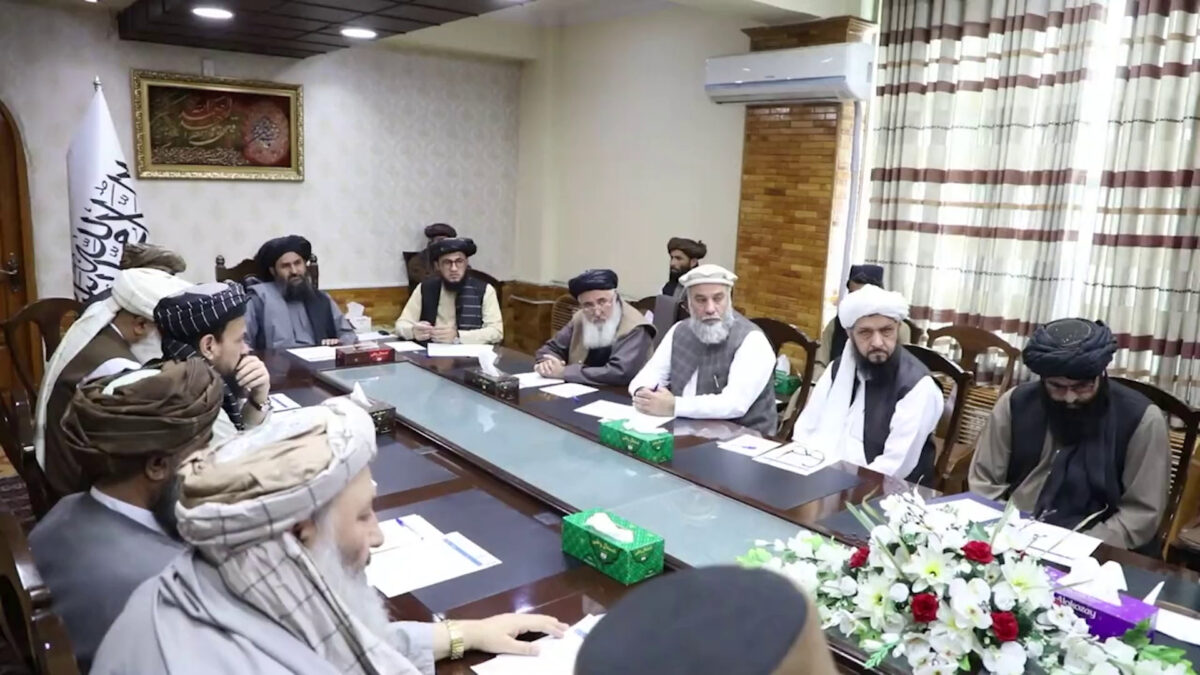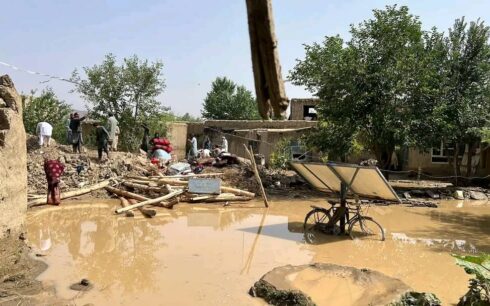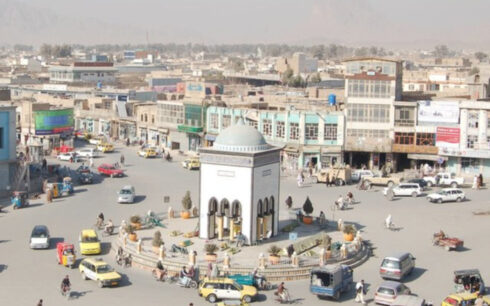The Ministry of Finance, under Taliban control, passed the budget for the current fiscal year three months ago and forwarded it to Kandahar for the leader’s approval. However, no details have yet been published on the financial plan, which has raised concerns about the allocation of funds.
Although Taliban leader Hibatullah Akhundzada approved the budget, specific details about the allocation of funds for regular and development expenses, among other specifics, remain undisclosed.
Sayed Massoud, a former economics lecturer at Kabul University, stated: “In accordance with their political policies, preferences, and demands, they seem to prefer keeping the budget details confined to their inner circle. The primary concern lies in the financial resources to cover expenses.”
The budget was initially announced in March, but shortly thereafter, the former Taliban finance minister, Hedayatullah Badri, resigned from his position. The budget received approval from the Taliban leader in April, one month after Badri’s resignation.
According to information provided by the de facto authorities, the development budget was reduced by 28 billion Afs, from 161 billion Afs in the previous year. Additionally, a budget deficit of 44 billion Afs was reported for the same period.
Siyar Quraishi, the former head of the private banks’ union, noted that customs revenues are now collected in cash since the Taliban assumed control of Afghanistan. “Customs revenues are being collected in cash within the country, and the previously utilized system is no longer in place. Numerous changes have been implemented in the customs process,” Quraishi explained.
In the solar year 1401 (2022), the Taliban halved the budget ceiling compared to the previous year, 1400 (2021).
For the year 1401, the Taliban announced an allocation of 231 billion Afs, justifying the reduction in the development budget by citing a halt in projects across several provinces.





